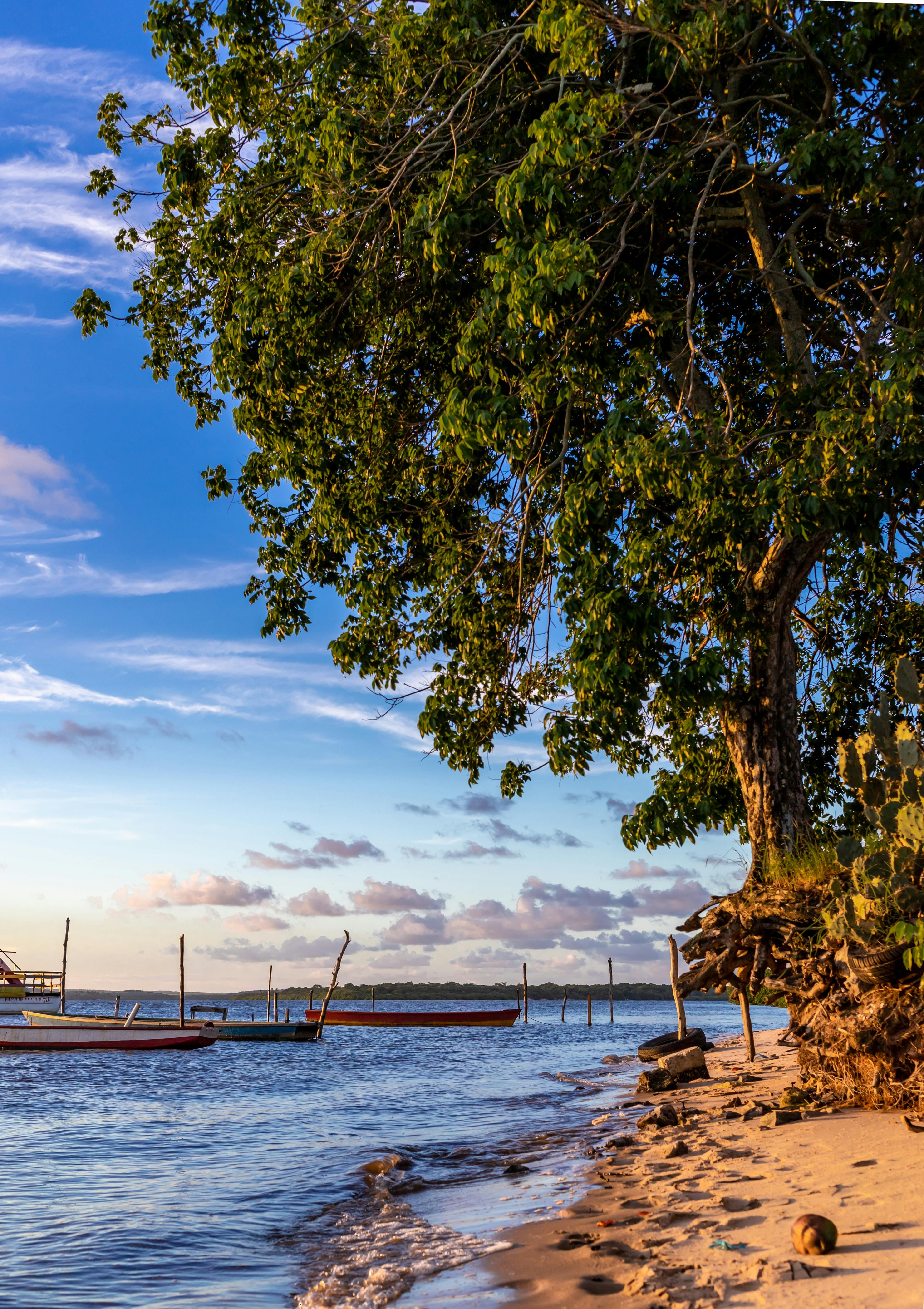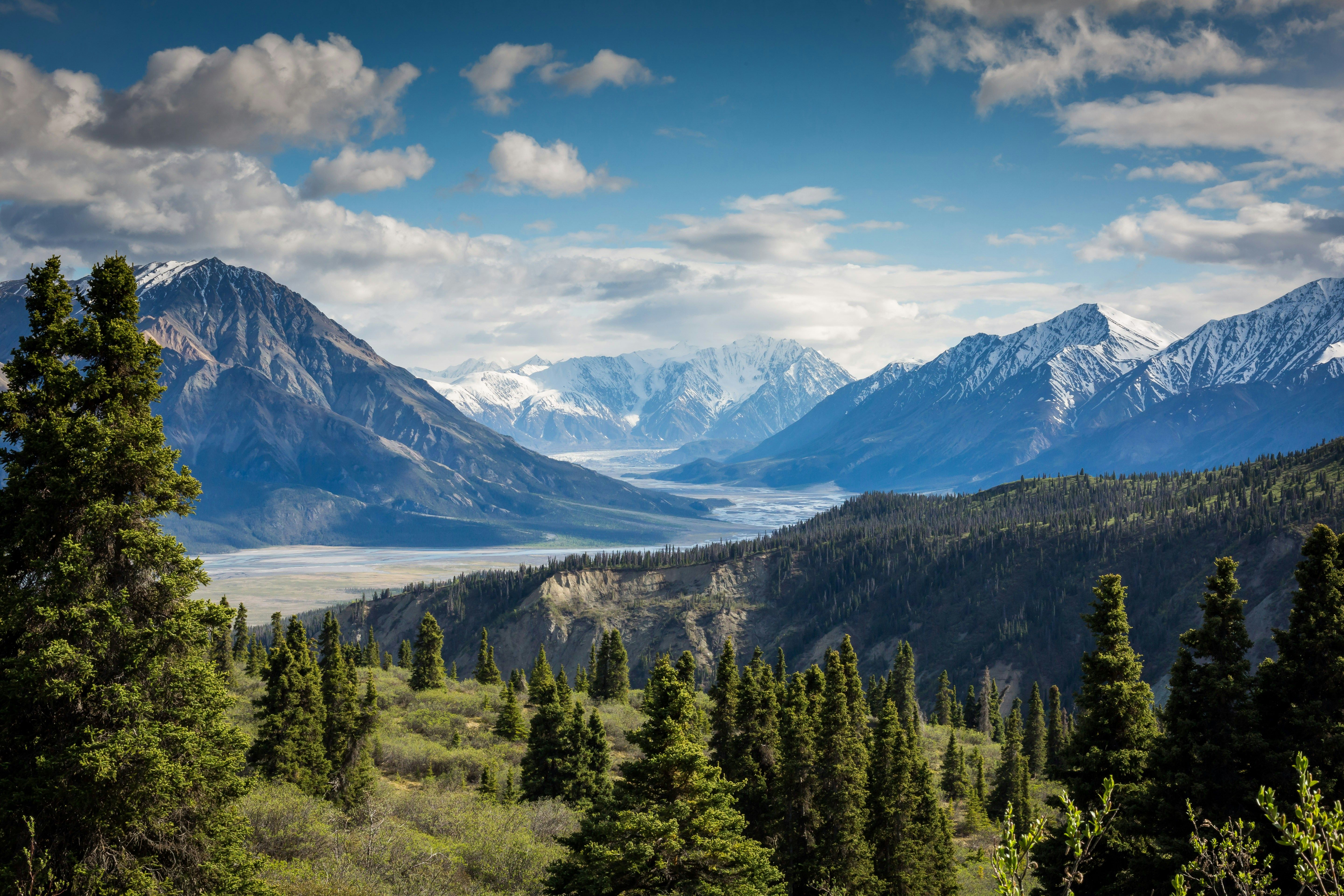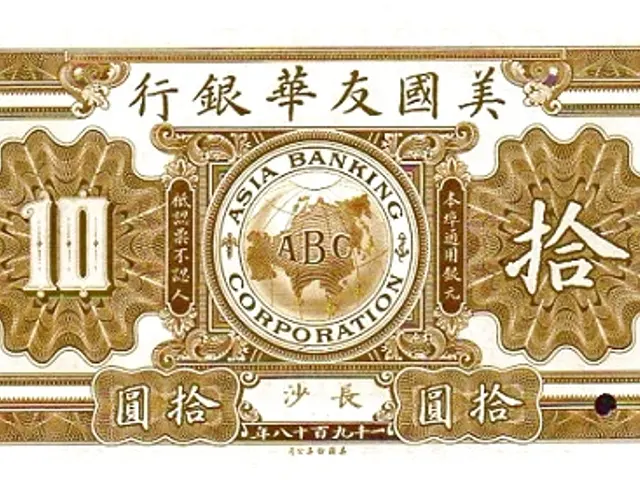Dangerous shores: A modern nuclear arms race threatens global stability
Contemplating an Expanding Nuclear Era in Asia
By Karishma Vaswani / Opinion
Eight decades ago, the US unleashed nuclear devastation upon Hiroshima and Nagasaki, leaving a trail of death and destruction in its wake. Despite the atrocities committed, the world found itself on the brink of a new nuclear age.
Now, a fresh wave of atomic competition is brewing, this time fueled not by the actions of Russia, China, or North Korea - countries shoring up their arsenals - but by the United States' trade wars and withdrawal threats. This dangerous path could lead to a world on the brink, not just for Asia, but for Americans too.
The peaceful coexistence that kept weapons of mass destruction at bay is on shaky ground. For decades, Asia relied on the assurance of Washington's deterrence. However, that guarantee is no longer assured.
Illustration: Mountain People
Once trusted allies, such as Japan and South Korea, are weighing up the cost - financial and political - of building their own nuclear arsenals. India and Pakistan, with their burgeoning stockpiles, risk igniting an already tense conflict in Kashmir. Tensions there boiled over this week with a terrorist attack, claiming the lives of many[6].
Donald Trump maintains that the United States has been shortchanged by defense spending, that American protection keeps the world at peace while other economies reap greater benefits[1]. While he has a point, the former president overlooks crucial lessons from history.
The aftermath of the US's atomic devastation prompted a realization that such a tragedy must never happen again. American society underwent deep introspection, with every president since Harry S. Truman making it their mission to limit the spread of these weapons rather than encourage it[1]. This was largely accomplished through diplomatic negotiations and treaties.
Effective as they were, only nine countries now possess nuclear weapons. But Trump is poised to usher in a more perilous era, at times suggesting that Japan and South Korea might need to develop their own nuclear capabilities[2]. Such statements exert a significant impact on public opinion, according to research[3]. Last year, a survey by the Korea Institute for National Unification revealed that six out of ten South Koreans favor nuclear armament[4].
If Seoul chooses to take the nuclear route, it could set off a chain reaction. Japanese public sentiment has historically been opposed, but Japan has the means to produce thousands of bombs within six months, experts say[7].
China is keen to fill the leadership void left by Washington's unpredictability[5], raising concerns of a domino effect across Southeast Asia. Countries in the region could find themselves either forced to develop their own nuclear technology or scramble to find a new defense umbrella[7].
India and Pakistan are among the most volatile players. Escalating tensions in Kashmir have increased the risk of a conflict[6]. So far, diplomatic measures have been the response. Yet, the specter of escalation always looms large.
Rather than failing to provide viable security guarantees, the United States should engage with Asian governments and address their defense concerns. The Nuclear Consultative Group, launched under the administration of former US president Joe Biden, has helped to quell some anxiety in South Korea[8]. Such efforts should be expanded to other allies like Japan.
Convincing countries to rely on US deterrence strategies is essential. Small nations tend to follow the lead of larger ones, not their words. The United States still has the opportunity to play a crucial role in maintaining global stability and should not cede that role to China.
The world once trusted the United States to keep it safe. That faith is crumbling. It's in the United States' interest - not just Asia's - to rebuild it.
Karishma Vaswani is an opinion columnist covering Asian politics with a focus on China. She previously served as the BBC's lead Asia presenter and worked for the BBC for two decades. This column reflects the personal views of the author and does not necessarily represent the opinions of the editorial board or Bloomberg LP and its owners.
Footnotes
[1] “The U.S. and Trump's unnerving defense policy,” The National Interest, 2019.[2] M. Radford, “Everything you need to know about hypersonic weapons,” History.com, 2021.[3] “Renewing U.S.-Russia arms control agreements remains imperative,” Brookings, 2020.[4] D. C. Elliot, S. Kang, “Trump leans heavily on security threats in U.N. speech,” The Washington Post, 2020.[5] M. Donnelly, “How China may fill the security vacuum left by America,” Carnegie Endowment for International Peace, 2020.[6] R. C. Mielke, “Kashmir crisis escalates,” Defense One, 2021.[7] A. P. Wipatayotin, “Tense neighboring relationships: the Japanese perspective,” The Diplomat, 2021.[8] “What is the Nuclear Consultative Group?,” The Korea Herald, 2021.
*The escalating nuclear arms race in Asia, fueled by the United States' trade wars and withdrawal threats, is a worrying general-news development that threatens to usher in a more perilous era.
*Japan and South Korea, once trusted allies of the United States, are now weighing the pros and cons of building their own nuclear arsenals, a move that could potentially ignite conflicts in the region.
*India and Pakistan, two volatile players in the region, risk stoking tensions in Kashmir with their burgeoning nuclear stockpiles, threatening global stability and Peace in Asia.







